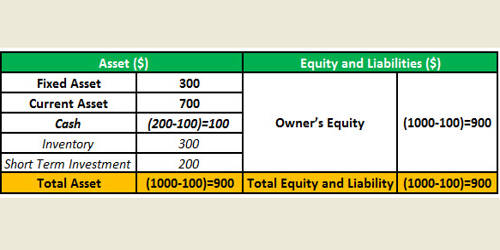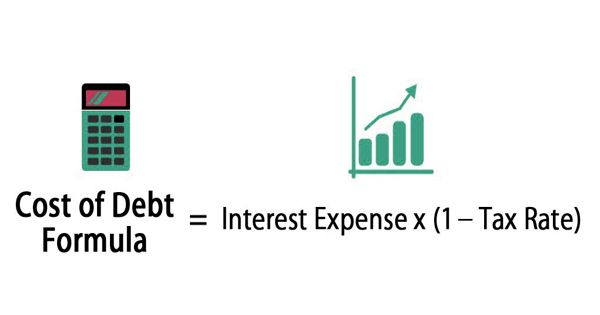Concept of Liquidation
Liquidation is a process through which a company that is running is shut down and its existence comes to an end. In the accounting world, It refers to the process of selling all of a company’s assets to generate cash to pay off creditors or anyone the company owes money to. A company is an artificial person created by law and the law alone can dissolve it. It generally refers to the process of selling off a company’s inventory, typically at a big discount, to generate cash. The legal procedure by which the corporate life of a company brought to an end is known as liquidation. It can also refer to the process of selling off inventory, usually at steep discounts. The liquidation of the company may be defined as ” the termination of the legal existence of the company by closing its business”. Liquidation in finance and economics is the process of bringing a business to an end and distributing its assets to claimants.
Liquidation is also termed as winding-up a company. The process of winding-up of a company is completed by selling all its assets and paying all creditors in preferential orders. For this purpose, a liquidator is appointed by the court to complete the liquidation process. The duties of the liquidator are to realize the assets, discharge the liabilities and distribute the surplus, if any, to the shareholders of the company. As company operations end, the remaining assets are used to pay creditors and shareholders, based on the priority of their claims. It includes ceasing all sales and/or operations and allocating proceeds and surpluses among creditors and shareholders.
One thing here should be noted that liquidation and bankrupt of a company are not the same thing. A company which is liquidated need not necessarily bankrupt. When a company’s assets are liquidated, or converted to cash, the cash is then used to pay off creditors. Sometimes even in terms of sound financial position, a company may be proposed to be liquidation. Though in another version this could be a voluntary act as well where law ensures that all the debts of a company into existence are paid before it is closed or shut down. If a company needs to liquidate its assets quickly, there are businesses that specialize in liquidation. Thus, for liquidation, it is not necessary to be bankrupt. But bankruptcy will certainly lead to liquidation.
















